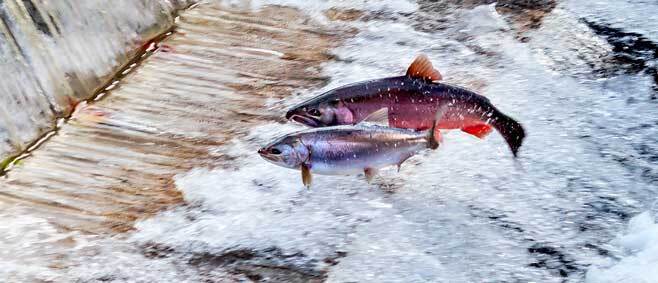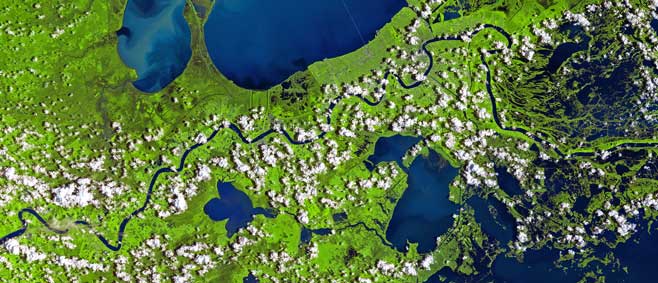M.S. curriculum
Gain a deeper understanding of the scientific process, and learn to identify and evaluate interactions between humanity and nature while contributing to a generation of new knowledge in Oregon State’s online M.S. in Environmental Sciences program.
The engaging, master’s-level coursework is designed for individuals who are interested in furthering their studies in environmental sciences, whether to work as a scientific researcher for a government agency or other entity or to prepare for a Ph.D. program and a career in academia.
Thesis and non-thesis options
This program will require you to complete a research thesis or non-thesis project report. Learn more about the thesis and the project report guidelines.
For working professionals who would prefer to further their careers with a science-only degree, the M.S. non-thesis option provides a streamlined way for you to incorporate a project rather than an internship into your current place of employment.
Degree requirements
The M.S. program includes 45 credits of interdisciplinary coursework in environmental sciences across most academic units at Oregon State. Graduate certificates may be pursued in conjunction with the PSM ENSC degree based on your area of concentration and interest.
View the program curriculum requirements on environmental sciences graduate program website.
Specialization tracks
Using your research interests as a guide, select a track that will give focus to your studies. These areas of concentration consist of at least 15 credits. Choose courses listed within one of the following eight tracks:
- Biogeochemistry
- Climate change
- Ecology
- Environmental education
- Natural resources
- Quantitative analysis
- Social science
- Water resources
Sample course topics
- Environmental perspectives and methods
- Environmental analysis
- Experimental design
- Geographic information systems
- Statistical analysis
- Scientific research in chosen area of concentration
- World views and environmental values
Important dates
See our academic calendar for our full quarter term schedule.
Degree quick facts
* Oregon State University is on a quarter-term system. There are four quarters each year and classes are 11 weeks long. This program's 45 quarter credits are equal to 30 semester credits.
† Based on current tuition rates. No additional charge for nonresident students. Does not include course materials and associated fees and expenses.
‡ You can complete all or nearly all requirements of this program online. View the curriculum.
Find application deadline
View required or recommended deadlines for your student type on our application deadlines page.
Ready to apply?
Once you've gathered the information you need to know before you apply to Oregon State University, take the next steps.





